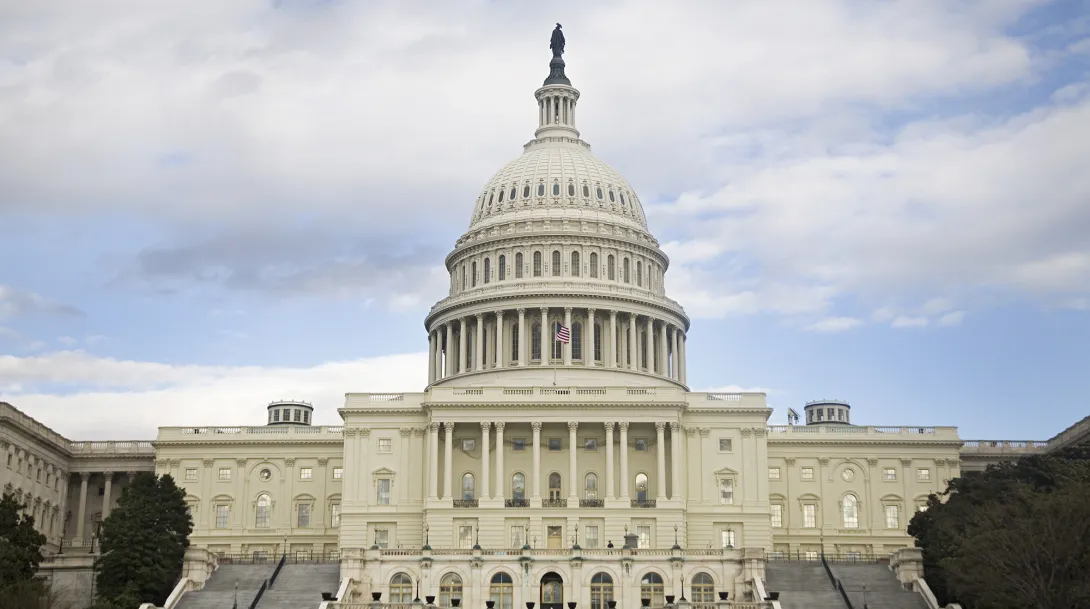
Photo: Michael Duva/Getty Images
The Congressional Budget Office estimates that 10.9 million people would lose their health insurance coverage in 2034 should H.R.1, legislation known as the Big Beautiful Bill Act, be enacted as passed by the House on May 22.
Another 16 million people would lose health insurance by 2034 under policies affecting the Affordable Care Act. These include the elimination of the premium tax credit at the end of 2025 and the implementation of a proposed Department of Health and Human Services rule regarding coverage that is included in HR 1.
The proposed rule that HHS published in March makes changes to the open enrollment period, special enrollment periods, verification of eligibility for the premium tax credit, out-of-pocket costs for premiums and how insurers meet requirements related to the costs they pay to cover medical expenses.
CBO estimates that the combined effects of those policies – two under current law and the others under H.R. 1 – would increase the number of people without health insurance by 16 million in 2034.
The projections were outlined in a June 4 letter from the CBO to Senator Ron Wyden, D-Kansas, ranking member of the Committee on Finance; Rep. Richard E. Neal, D-Massachusetts, ranking member of the Committee on Ways and Means; and Rep. Frank Pallone Jr., D-New Jersey, ranking member of the Committee on Energy and Commerce.
The Democratic leaders had asked the CBO to analyze how federal policy would change the number of people without health insurance.
WHY THIS MATTERS
The policies, if passed, would be expected to increase the number of people who are uninsured, which in turn, would add to the amount of uncompensated care for hospitals.
Changes to Medicaid would be expected to increase the number of people without health insurance by 7.8 million in 2034. The increase is due to several proposed provisions, including work requirements.
Few of those disenrolled from Medicaid would have access to employment-based coverage, and none would be eligible for the premium tax credit, the CBO said.
A moratorium on new or increased provider taxes would prevent states from increasing the rates of existing taxes on providers and bar them from creating new tax arrangements for providers.
States finance a portion of their Medicaid spending through taxes collected from healthcare providers. The money is returned to providers in the form of higher Medicaid payments.
Federal law effectively allows states to use such arrangements when the taxes they collect do not exceed 6% of a provider's net revenues from treating patients. The higher Medicaid payments increase the contributions from the federal government to state Medicaid programs.
CBO estimates that enacting the moratorium would increase the number of people without health insurance by 400,000 in 2034 because of the expectation that some states would modify their Medicaid programs in response to the reduction in available resources by increasing mandates on enrollment.
THE LARGER TREND
While President Trump has asked for passage of the Big Beautiful Bill by July 4, problems are arising in the Senate over cuts to Medicaid and the bill's increase to the federal deficit.
Email the writer: SMorse@himss.org